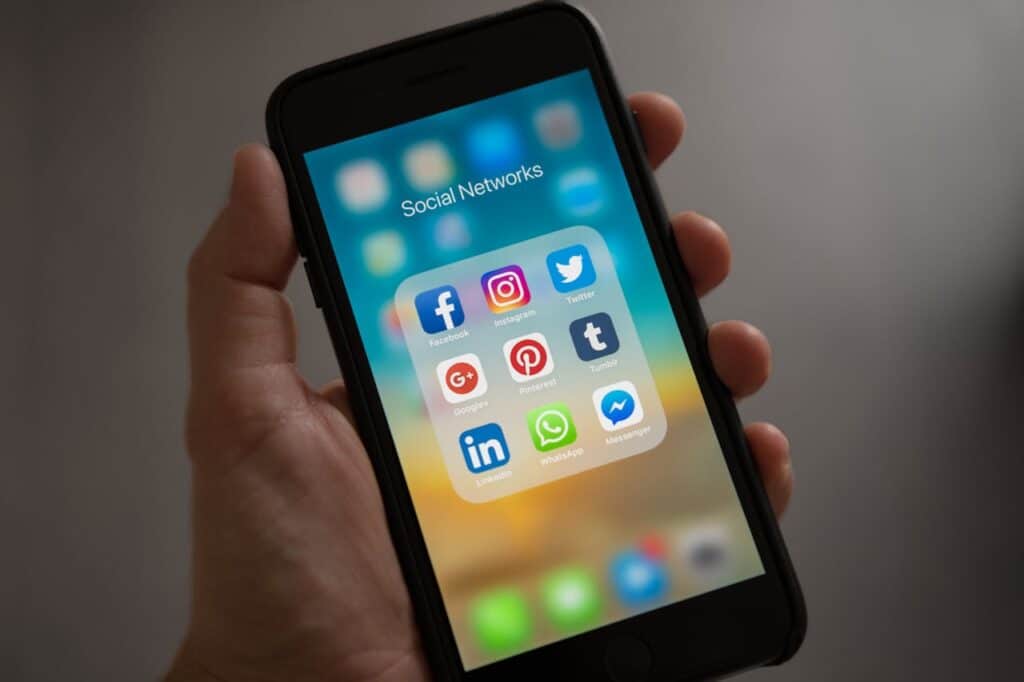Digital marketers have become disgruntled recently, as platforms such as Meta Advertising (Facebook, Instagram) give fewer and fewer options to target and optimise ads, and PPC platforms increasingly try to get advertisers to give over control to their AI.
Although many feel their craft is being taken away from them, the real question is does it work? The answer is YES. Although we still have to be intelligent in how we manage it, AI-driven advertising targeting does outperform manual targeting.

Links Between Brands & Interests
Machine learning has allowed advertising platforms to discover links between interests, brands and buying habits which human teams might not have realised.
For example, people who follow celebrity culture are more likely to make less sound financial decisions and to use companies such as payday loans and high-interest credit cards. People who use Tinder are more likely to use WebMD than to consult their doctor (make of that what you will!)
Machine learning is using data of billions of people on social platforms to understand these links and create more and more sophisticated models of who will respond favourably to any given product and advertising.
Personality Profiling
This is taken a step further as brand choices and social media interests are used to form a personality profile. Users are scored on metrics including “agreeable”, “conscientious”, “extraverted”, etc.
Personality types are linked to brand profiling. People who score highly on “openness” are more likely to use Audiable, Deliveroo and Etsy, where as people who score highly on “conscientious” are more likely to use LinkedIn and read The Times.
Scoring users on personality allows AI to see who is responding to an ad campaign and quickly develop a personality profile of the ideal target, then show the campaign to those targets.
Objective Tests
Studies have been done to test how accurately this kind of AI targeting can predict responses to advertising compared to real people. A study by Capuchin compared the AI’s prediction of a person’s responses to advertising to that of their coworkers, friends, immediate family and spouse.
The results speak for themselves. The average Facebook user has liked 230 things. Based on this data alone the AI was able to more accurately predict the user’s response to advertising than everyone except their spouse.
However, once the AI had 300 likes to work with, it outperformed even users’ spouses in predicting their response.
Conclusion
AI in advertising is here to stay. Although we have to use it the right way, the ability of AI to target our social media advertising campaign is already way ahead of what any human is capable of.
Bearing in mind that social platforms are not just monitoring your “likes”, but every post, advert or page you stop scrolling and hover on or interact with in any way, and aggregating this data to create links and profiles of the 5 billion people worldwide who use social media, the power we now have to target advertising is mindblowing.






